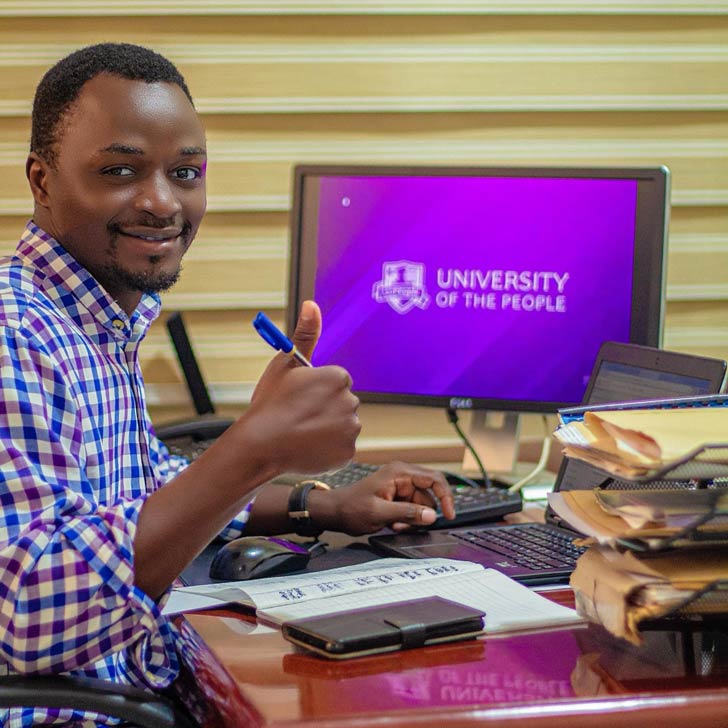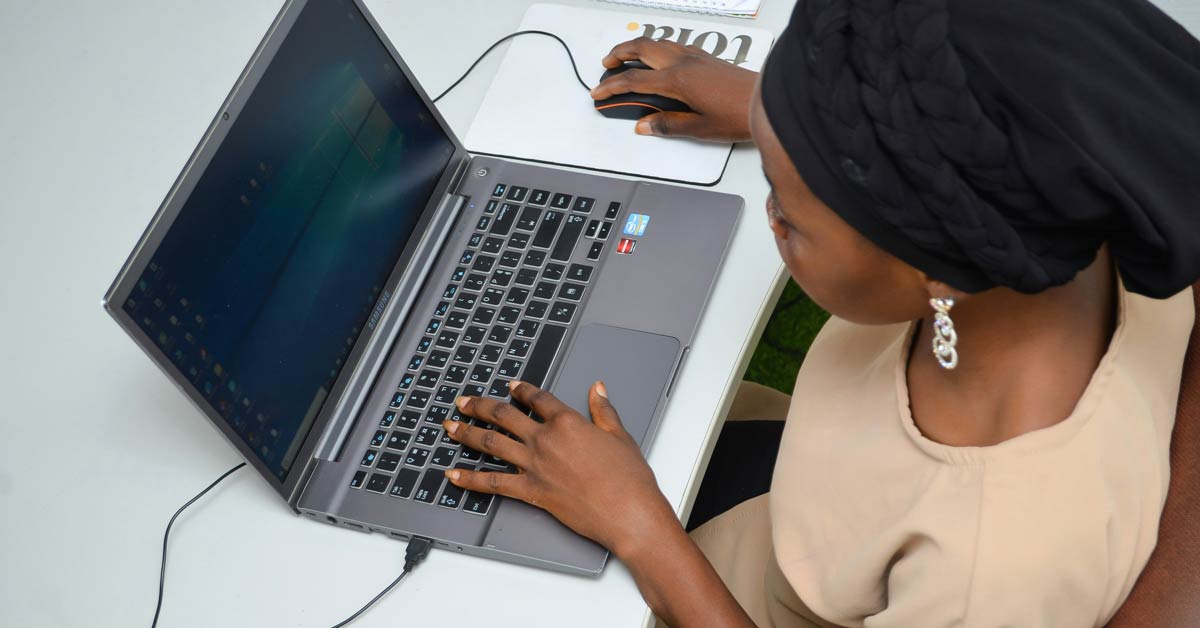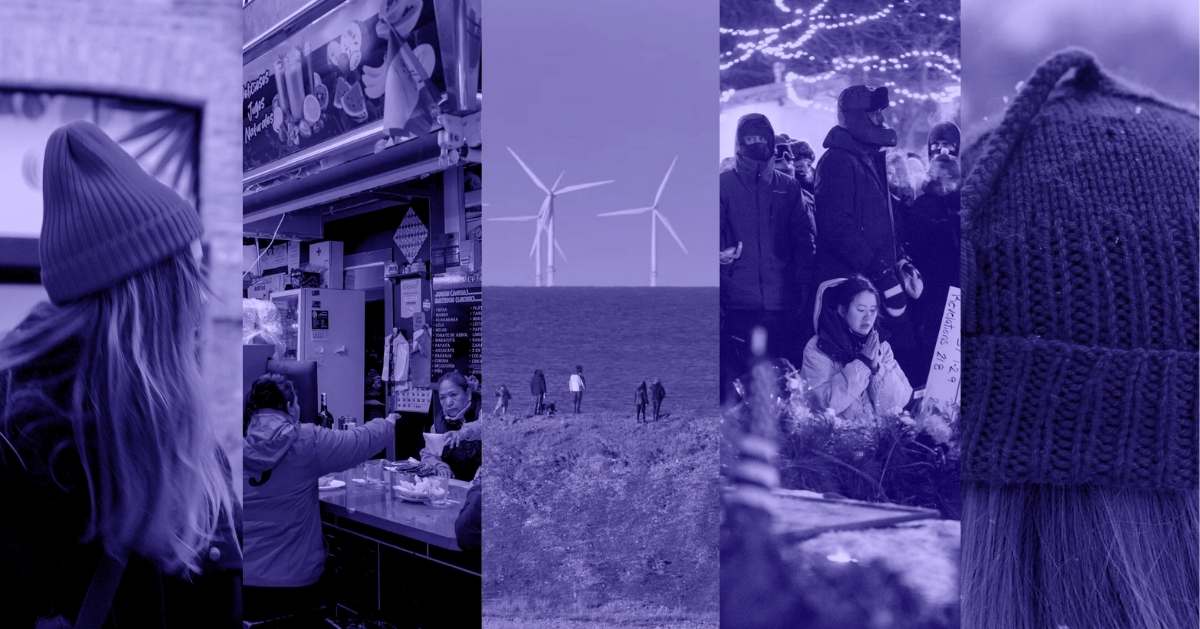The traditional approach to college is inaccessible to billions across the globe, whether due to prohibitive costs or even physical safety.
So, Shai Reshef founded University of the People, the first nonprofit, tuition-free, accredited online university dedicated to broadening access to higher education worldwide.
Based in California, the online platform reaches 150,000 students in 200 countries and territories. About 20,000 students are in the U.S.
“We are the best alternative,” Reshef told PBS News, “because there's no other alternative.”
The university offers accredited certificates, associate and bachelor’s degree programs in business administration, computer science, and health science, and master’s degree programs in business administration, information technology, and education.
There is no tuition involved in obtaining a degree, but a variety of fees are required that add up to about $5,000 for a bachelor’s degree.
But that price point is still vastly more accessible than other options today, Reshef said, adding that students have up to 10 years to complete their degree after enrolling.

University of the People relies on philanthropic funding and volunteers.
Many of the professors and deans associated with the online institution volunteer their time outside of their traditional jobs in academia, driven by a goal to make college more accessible and affordable.
Donors like the Coca-Cola Foundation and the Bill & Melinda Gates Foundation have made the worldwide initiative a success.
And for students, like 23-year-old Maliha, who was studying civil engineering at the University of Kabul in Afghanistan when the Taliban came to power, University of the People was her only opportunity as a young woman to safely continue her education.
With 4,000 other young women, Maliha began taking online courses with University of the People in secret.
“On those dark days that I was at home and couldn’t do anything for my future,” she told PBS, “University of the People was like a light in my darkest days.”
You may also like: What if every teen graduated with $1K and an investment portfolio? These states are making that a reality
A version of this article was originally published in The 2025 Education Edition of the Goodnewspaper.
Header image by Adeniji Abdullahi A on Unsplash



